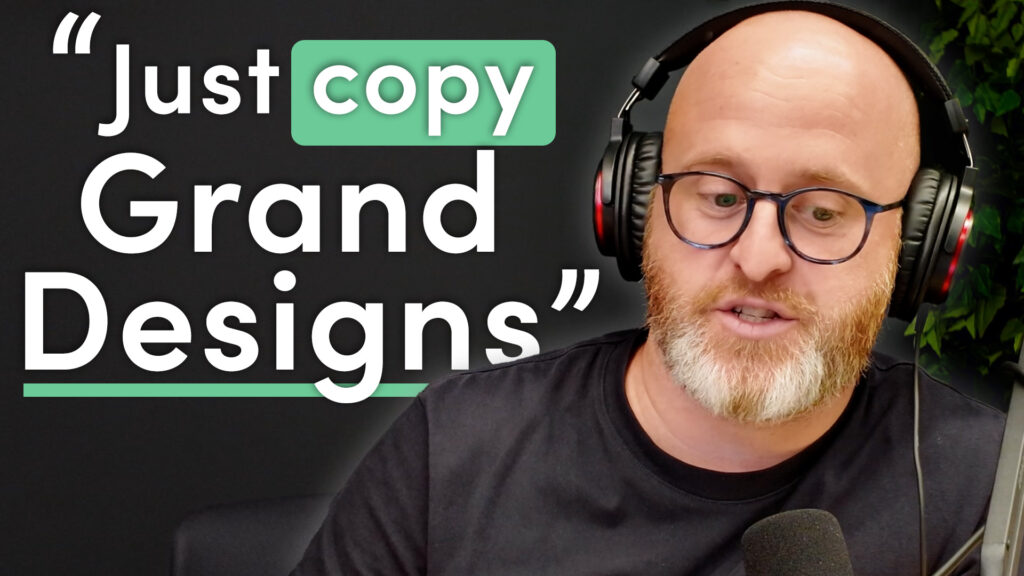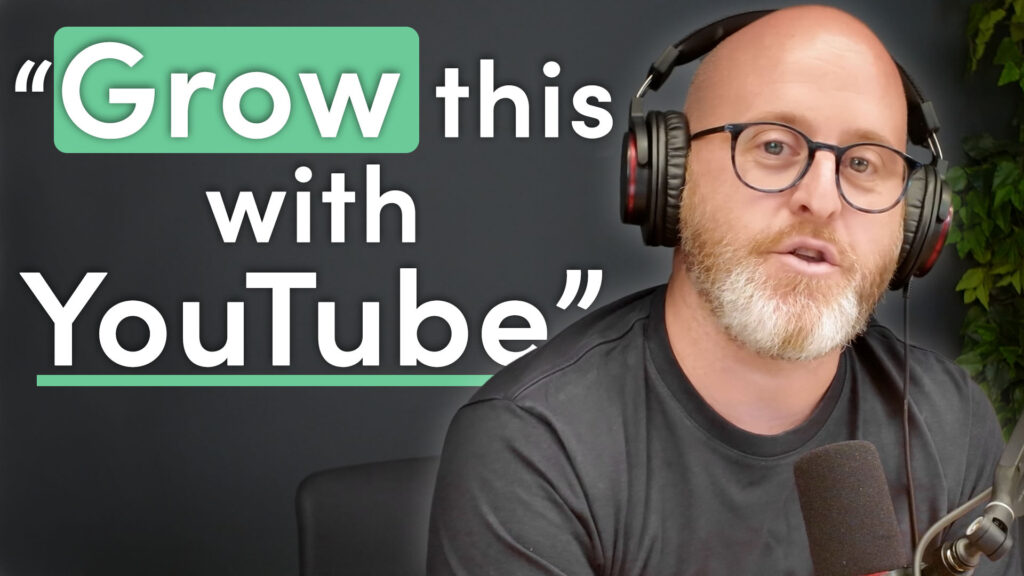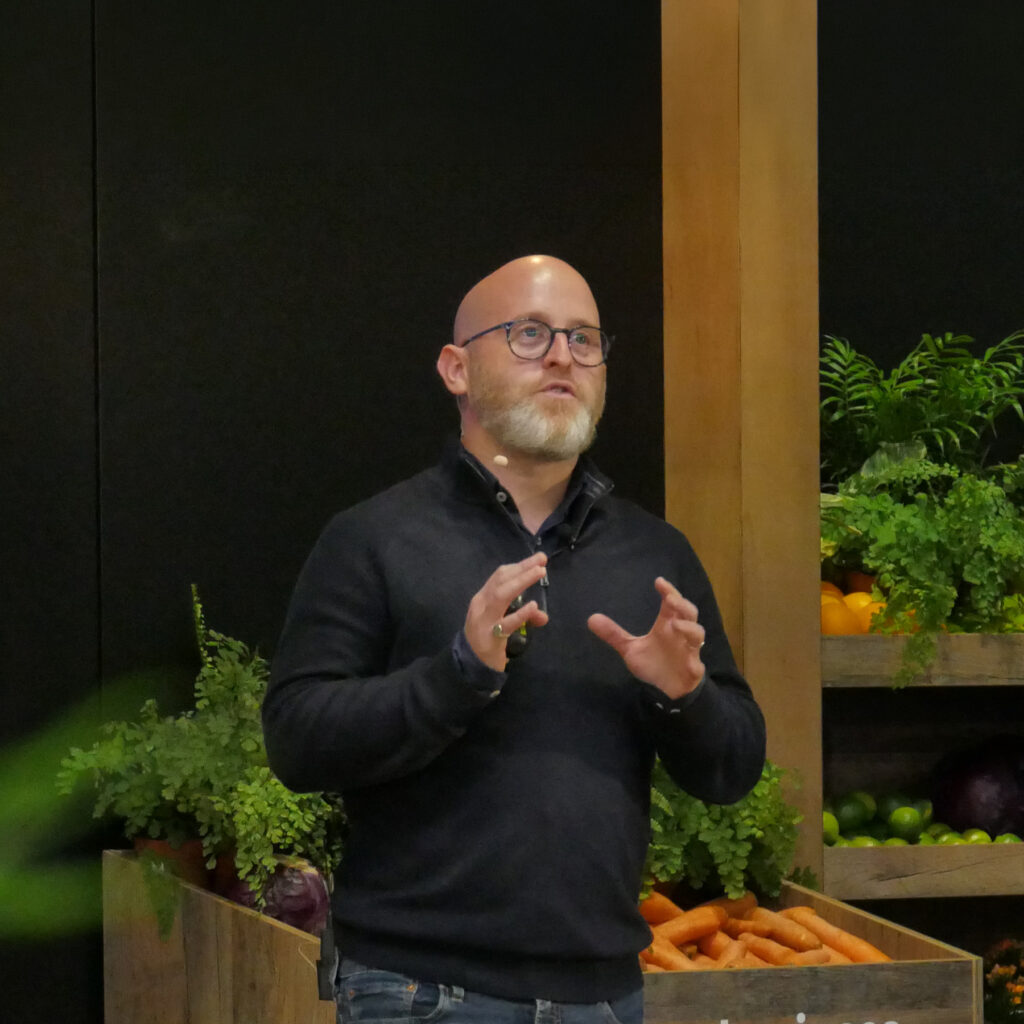Furniture businesses often face a critical choice between specialisation and diversification.
Timber Foundry’s journey from startup to £500K revenue illustrates the challenges and opportunities of this decision.
Current business state:
The company has grown organically through a mix of direct sales and commercial projects. Currently generating £500K in annual revenue, they’ve reached a pivotal point where strategic decisions about focus and scale become critical.
Their revenue streams include:
- £550K annual revenue
- Multiple product lines across indoor/outdoor furniture
- 90% of direct-to-consumer sales from garden products
- Three distinct channels: B2B, Direct-to-Consumer, Commercial Projects
This diverse approach, while providing multiple revenue streams, has created significant marketing challenges.
Key marketing challenges:
The business faces several interconnected challenges that stem from trying to serve multiple markets simultaneously. Their marketing budget, already limited, gets stretched thin across different channels and audiences.
Channel focus:
Recent data shows their challenge clearly
- Garden products dominate sales
- Indoor furniture underperforming
- Commercial projects require different marketing approach
- Limited marketing budget spread too thin
This spread of resources means none of their channels receive enough investment to reach their full potential.
Digital marketing strategy:
Their current digital approach lacks focus and optimisation:
- Performance Max campaigns need optimisation
- Not leveraging retargeting capabilities
- Missing product-specific campaigns
- Limited Meta advertising utilisation
Recommended strategy:
To address these challenges, the business needs a more focused approach that builds on their strengths while strategically developing new opportunities.
Product focus:
Building on their successful garden line makes sense:
- Double down on successful garden products
- Consider phasing out underperforming indoor lines
- Create product-specific campaigns for bestsellers
- Optimise product pages for commercial vs residential
This focus allows for more efficient resource allocation and clearer marketing messages.
Campaign structure:
A well-structured digital campaign strategy is essential:
- Implement feed-only Performance Max testing
- Set up dedicated brand campaigns
- Create targeted shopping campaigns
- Focus budget on proven product lines
Channel development:
Long-term success requires building strong marketing infrastructure:
- Build email marketing program
- Implement retargeting across platforms
- Create specific commercial product listings
- Develop content strategy around expertise
Moving forward:
Success requires:
- Clear focus on core products
- Proper campaign structure
- Adequate budget allocation
- Strong audience targeting
The key learning: When growing a small business, focusing on your strengths often beats trying to be everything to everyone.
___
👋 Never miss an update. Sign up for our weekly newsletter.
👉 See our Home & garden stories (case studies) to discover how we grow brands online.
👉 Subscribe to our YouTube channel.
👉 Follow our Grow with Evergreen podcast on Spotify, YouTube & Apple Podcasts.
👉 Register your interest in our Home & Garden Club






